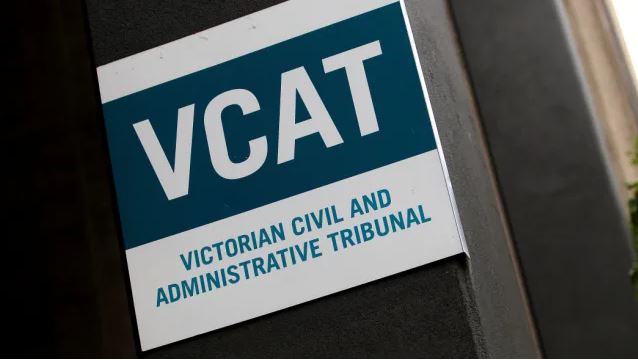
The council
For the town planning application process, applicants must submit sufficient application materials. On the one hand, submit enough application materials to meet the requirements in the plan; On the other hand, with enough application materials, the Responsible Authority can make a more reasonable decision.

Although the provisions of section 54 (supplementary information) of the planning and environment act 1987 were frequently abused. In fact, most applicants know this – sometimes the abuse seems to be aimed at simply restarting the “legal clock”. Supplementary information includes:
Provide the submitted information again.
The submission of non-mandatory materials enables the board to make responsible decisions.
It should be noted that when the council requests further information under section 54 of the act, it shall provide the following information:
This information should be communicated to:
The potential impact of the proposal;
Matters which the competent authority must consider before making a decision, and/or
Clarify the nature of the application.
So what do applicants do if they disagree with the council’s request?
Negotiating and “reasoning” with the council is always the best practice and is usually successful. However, if this is not successful, you may refer the matter to VCAT(under section 78(b) of the act). The problem is that it takes a lot of time and money. Unfortunately, the quickest (and cheapest) way to get between “A” and “B” is to submit the complete application.

VCAT

Another question that often arises is how much material needs to be submitted at VCAT hearings. Regarding general town planning and more professional and technical matters, this usually means – how many expert witnesses does the applicant need? Assuming that all questions are “debatable”, sometimes the hearing process is simple because the council does not need the information and/or did not raise the questions when processing the application, in which case expert evidence is not required to address the various issues.
However, this is a common and sometimes deadly trap. In the new complaint, all the issues are relevant and need to be considered. Experience has shown that it is better to err than to err, even if there is always an economic cost to doing so. Although VCAT is considered to constitute an “expert court”, the requirements for defence appear to have increased in this jurisdiction’s applications. A case in point is the recent VCAT issue concerning extractive industries, which was supported by council officials but rejected by the council. Although the expert evidence concerned town planning, traffic engineering, ecology, drainage and noise, the tribunal was of the view that the application was still pending due to issues relating to visual impact/landscape, tree planting, agriculture, dust, ecological (animal and plant) drainage/” water balance “and noise.

Different VCAT members have different areas of expertise, so the perspective of the review scheme is different. When preparing for a hearing, it is best to assume that you have a VCAT member who is unfamiliar with the complexity of the application. For other VCAT matters, a high level of information/justification is required for ESD, waste management and arbor cultivation. Although these issues were not challenged at the hearing. Therefore, sometimes, in preparing for a hearing, the applicant needs to be aware that you may encounter a VCAT member with professional interests and areas of expertise. Some VCAT members think that it is unwise to deal with things under license. So they seem unwilling to do so. As wise legal counsel sometimes says: “you only have one chance, so you must go all out and do everything.” But all this has come at a huge cost to supporters. In the current economic climate, it is perhaps not surprising that some proponents have chosen to steer clear of VCAT altogether and do “whatever it takes” to solve the problem.

http://www.ratio.com.au/how-much-information-is-enough-for-council-or-vcat? Utm_source = How % 20 much % 20 information % % 20 is the enough % 20 (for % 20 the % 20 council % 20 or % 20 vcat)? – 121119-1220 & utm_medium = email&utm _campaign = thewire – site&t = l5vm
